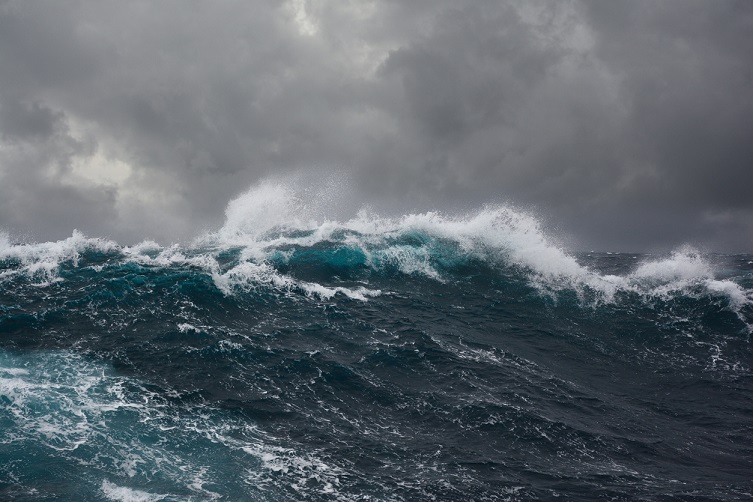As water makes its course from mountains to the sea, through what should be the cleanblue capillaries, veins and arteries of our nation, it is exposed to a plethora of pollutants, from agriculture, manufacturing, urban environments, water companies, the medical industry and much more. Runoff pours from fields, taking antibiotics, fertilizers and pesticides into precious rivers. Sewer systems spew out untreated sewage through a creaking network of pipes,bringing harmful pathogens, microplastics, and yet more antibiotics. The detritus from urban society washes off streets to culverted rivers taking with it the packaging from our everyday lives, the wear and tear of tyres, the oil and the salt mixed into a shining gleam.
This cocktail of pollutants heads down increasingly engineered rivers, decimating habitats, altering chemistry, expunging oxygen and creating a wholly degraded ecosystem, where both wildlife and people struggle to thrive. As polluted rivers meet the ocean they disgorge their volatile mixture into the spaces we love and fight hard to conserve. The beach and coastline are therefore both the frontline of ocean recreation but also the frontline of Ocean Activism. It is on our coasts that most of us enjoy the wonders of the big blue. It is also there that we witness the impacts on the marine environment. The sewage pollution. The chemicals. The tidelines of plastic pollution. The washed-up wildlife.
This is where Surfers Against Sewage began our campaign in 1990, as surfers grew sick of getting sick from simply going surfing on the coast of Cornwall. This experience sparked a national campaign of Ocean Activism, mobilising citizens, challenging government and confronting industry.
In the 1970s and 1980s the UK was often described as the Dirty Man of Europe for its unilateral failure to control sewage and agricultural pollution of rivers and seas, and all manner of other pollutants that were being spewed out into the environment by industry, power stations and vehicles. Our beaches bore the brunt of this negligence, with sewage-filled seas and coastlines strewn with sanitary waste. Environmental vandalism of our blue spaces, and all from a country famed for our maritime history and seaside holidays.


Surfers Against Sewage swiftly became high profile eco-activists, clad in wetsuits and gasmasks, carrying surfboards into boardrooms and political meetings that still barely knew you could surf at all in the UK, let alone believe you could get sick whilst doing it.
The charity’s Ocean Activismwas a catalyst for change, highlighting the need for more sewerage infrastructure investment, collating health evidence from ‘contaminated’ water users and connecting previously disparate coastal communities into what became one of the best-recognised environmental campaign movements of the 1990s. We’re proud of those early Ocean Activist campaigns and the progress they helped deliver for our coastline against that ‘first wave’ of sewage pollution.
However, tragically, we are now in the midst of a ‘second wave’ of sewage and agricultural pollution that means the UK languishes at the bottom of the table of Bathing Water Quality for European countries, with just 14% of our rivers meeting Good Ecological Status and none meeting Good Chemical Status.Our 2021 Water Quality report, published last month,highlighted that, in 2020 alone, sewage was pumped into rivers and seas nationwide over 400,000 times, totalling over 3.1 million hours of pollution of our precious waterways.
Furthermore, we found that from October 2020 to September 2021, 5,517 sewage discharge notifications were issued by water companies warning us of sewage pollution impacting designated Bathing Waters in England and Wales and, of these, 3,328 were issued during the Bathing Season. In simple terms, this meant that sewage pollution rendered one in six days of the official 2021 Bathing Season “unswimmable”. This is not acceptable, by any measure. And so water users are on the frontline once again and a surge in collective Ocean Activism is needed to revive our blue spaces.
So how did we get here, where the UK is squarely positioned to lay claim to the title of the Dirty Man of Europe, once again?We have privatised water companies putting profit before planet and a vacuum in government action which should be holding them to account. We have environmental regulators who have been woefully underfunded, limiting or removing their ability to hold these repeat polluters to account. We have huge monopolies who operate with near impunity and even when they are investigated and fined, they can build the costs into their books quite easily, without reforming.
And all this at a time of unprecedented climate and ecological emergency.
This year, water lovers mobilised in their thousands to raise their voice in opposition to the sewage scandal, which lifted the lid for many on the mistreatment of our precious blue spaces. This forced real change and an Environment Act which was much more robust in its approach to water quality than the government had planned. This was collective Ocean Activism in action and showed that, together, water lovers can create meaningful change. But we need much more.
We urgently need a decade of Ocean Activism that delivers radical change for our rivers and coastline. Just imagine what this could bring:thriving rivers for nature and people; pristine, clean beaches, teeming with life and underpinning the health and wellbeing of people nationwide; and an end to industry treating our rivers and ocean as a dumping ground for their waste.
If governmentsare serious about protecting the environment, they should get serious about restoring the health of all our blue spaces.
This decade, OceanActivism, from all corners of the UK, is needed to expose, and address, the issues affecting our most precious liquid. The pandemic helped reconnect much of the UK with the value of the natural world, now its up to government and industry torecognise the public mood and do the same.
Hugo Tagholm, CEO Surfers Against Sewage @hugoSAS












